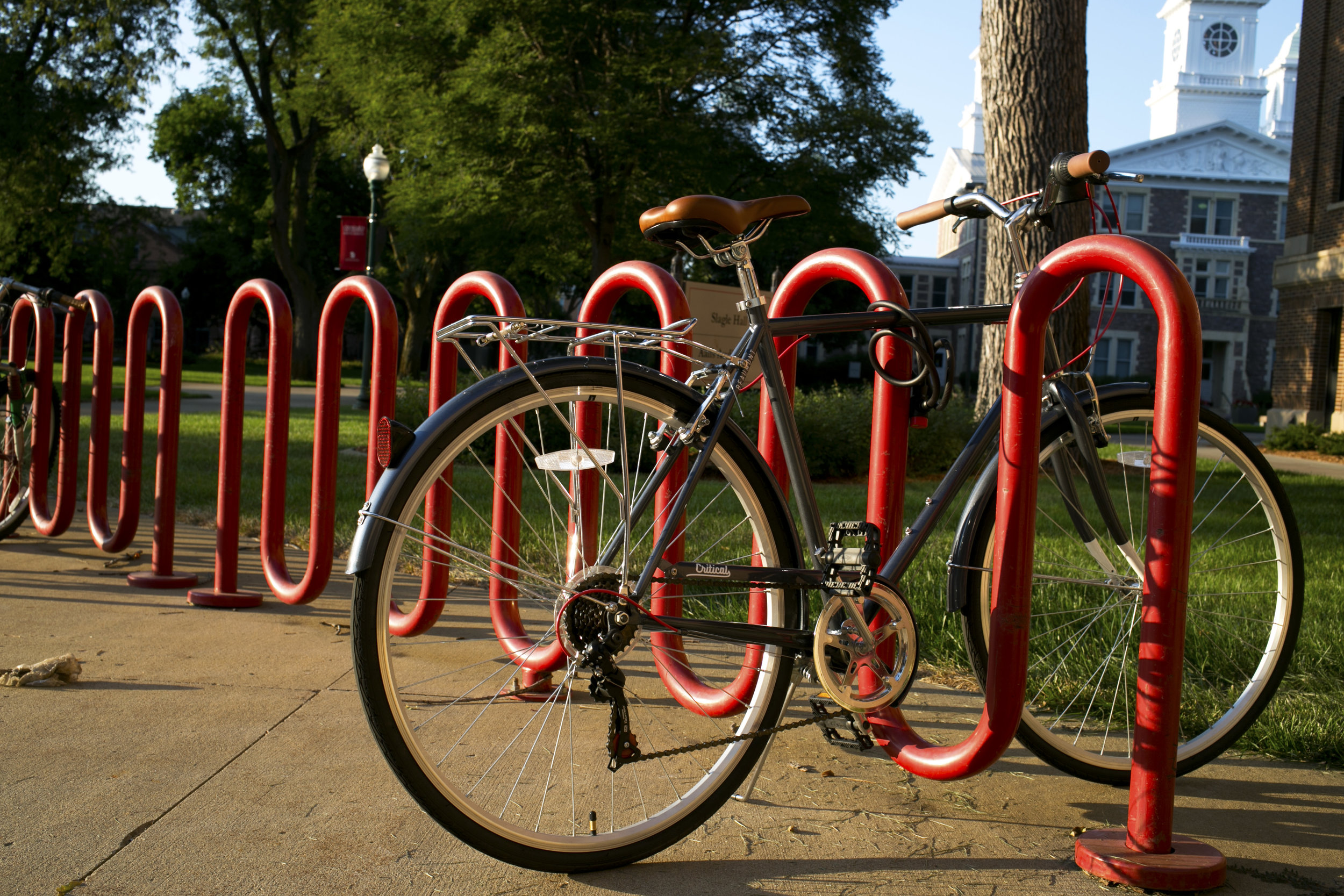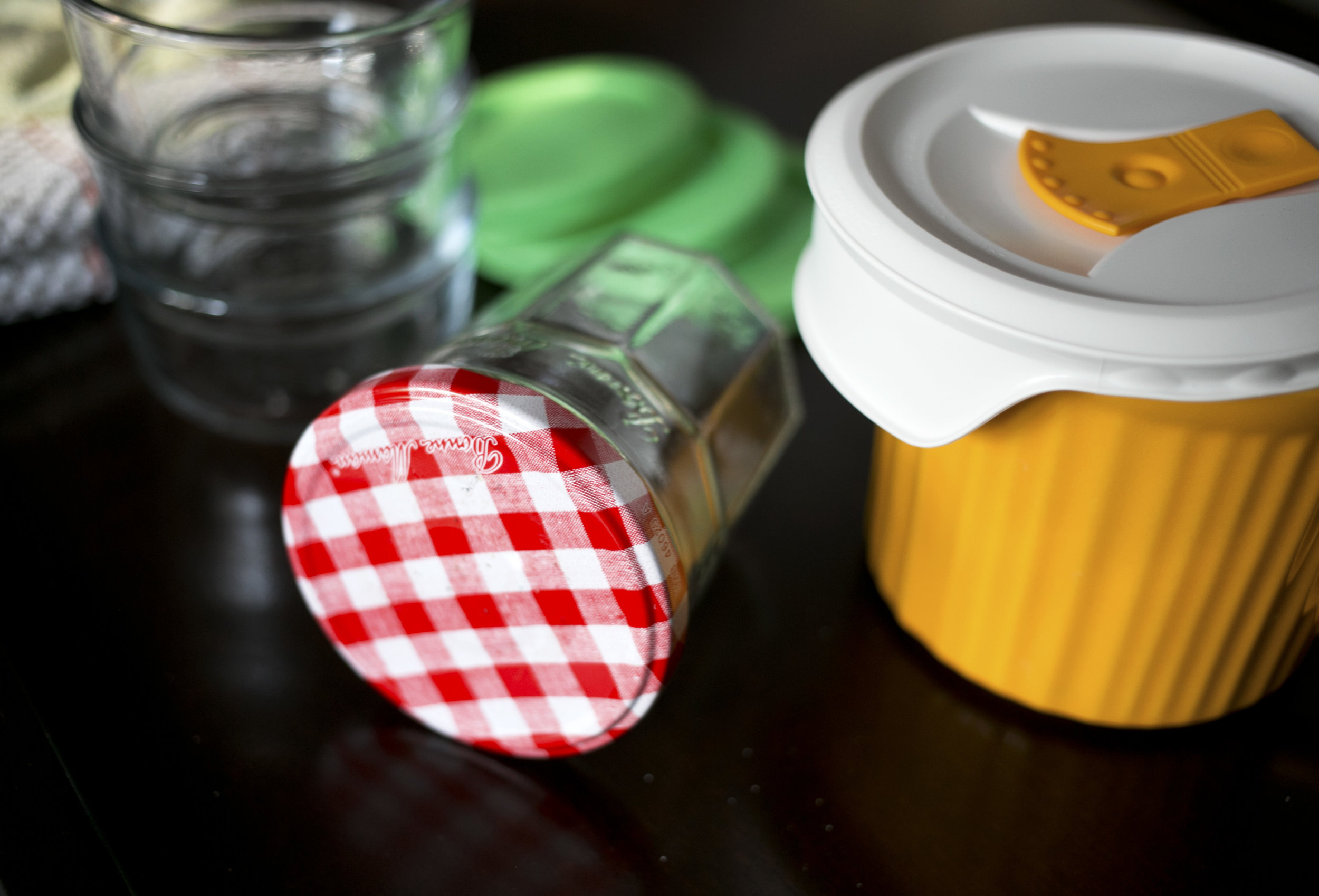The more I read, see, and hear about sustainability, the more I want to be a part of this change. For the longest, I was ignorant to how I am impacting the earth in my everyday life. I was oblivious to how much waste I was creating, how important recycling was, how much water I used, and the list continues. I was unaware of my actions because I did not take the time to learn how to change them.
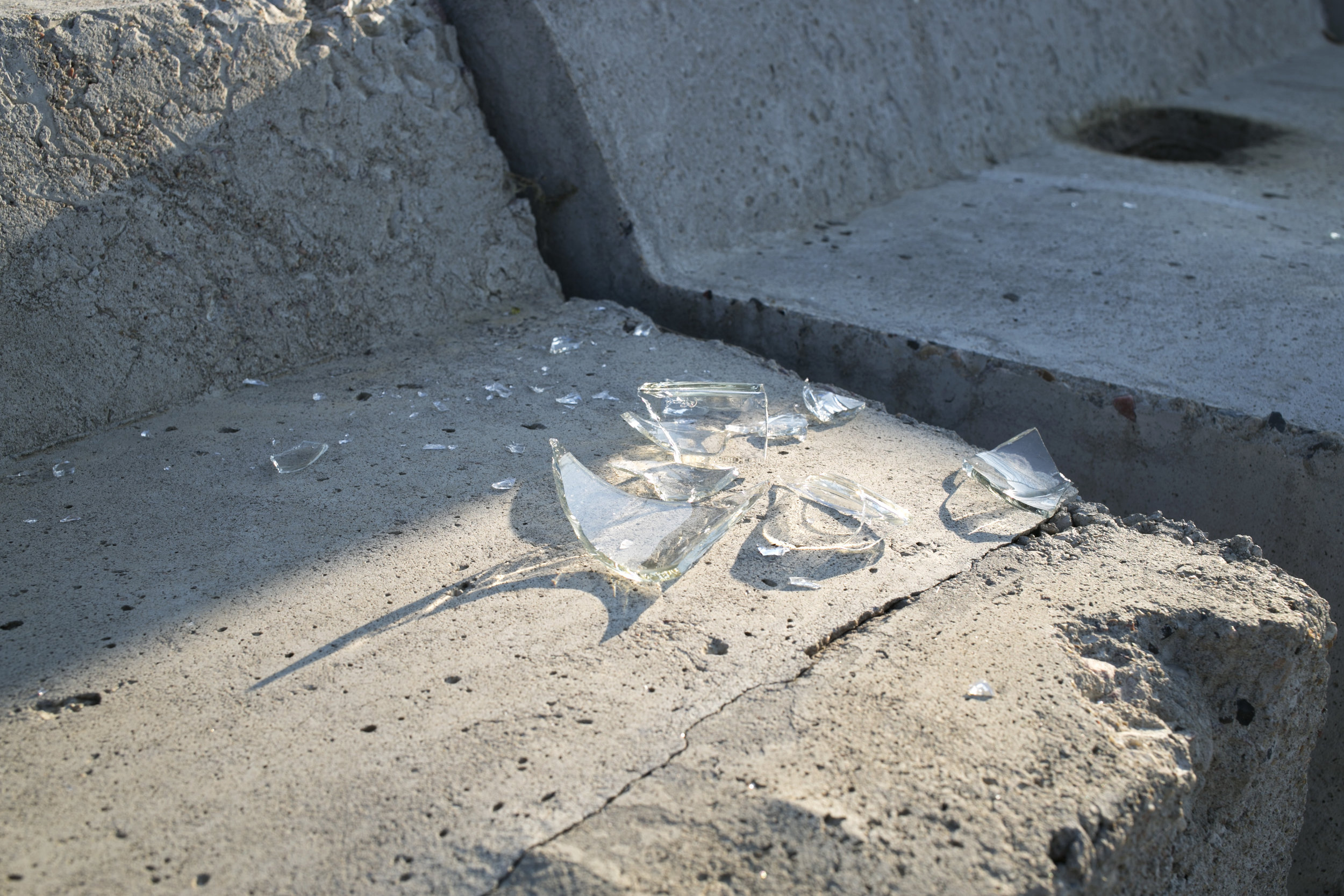
These last two years, my perspective has changed and I actively take steps to become more green. The overall idea is easy to understand but the implementation is the challenging part.
Imagine instead of using paper towels to wipe up any and everything, using a hand towel that you throw into the washer.
Imagine always bringing a reusable bag to the grocery store.
Imagine washing your clothes in only cold water and hanging them up to dry.
Imagine going to the market more than once a week to not buy more than you ea.
Imagine making sure to recycle every week. (I’ve become the friend who takes other people’s recycling to help reduce the waste.)
These are habits that we can add to our regimen. We just need to understand the importance of doing these things.
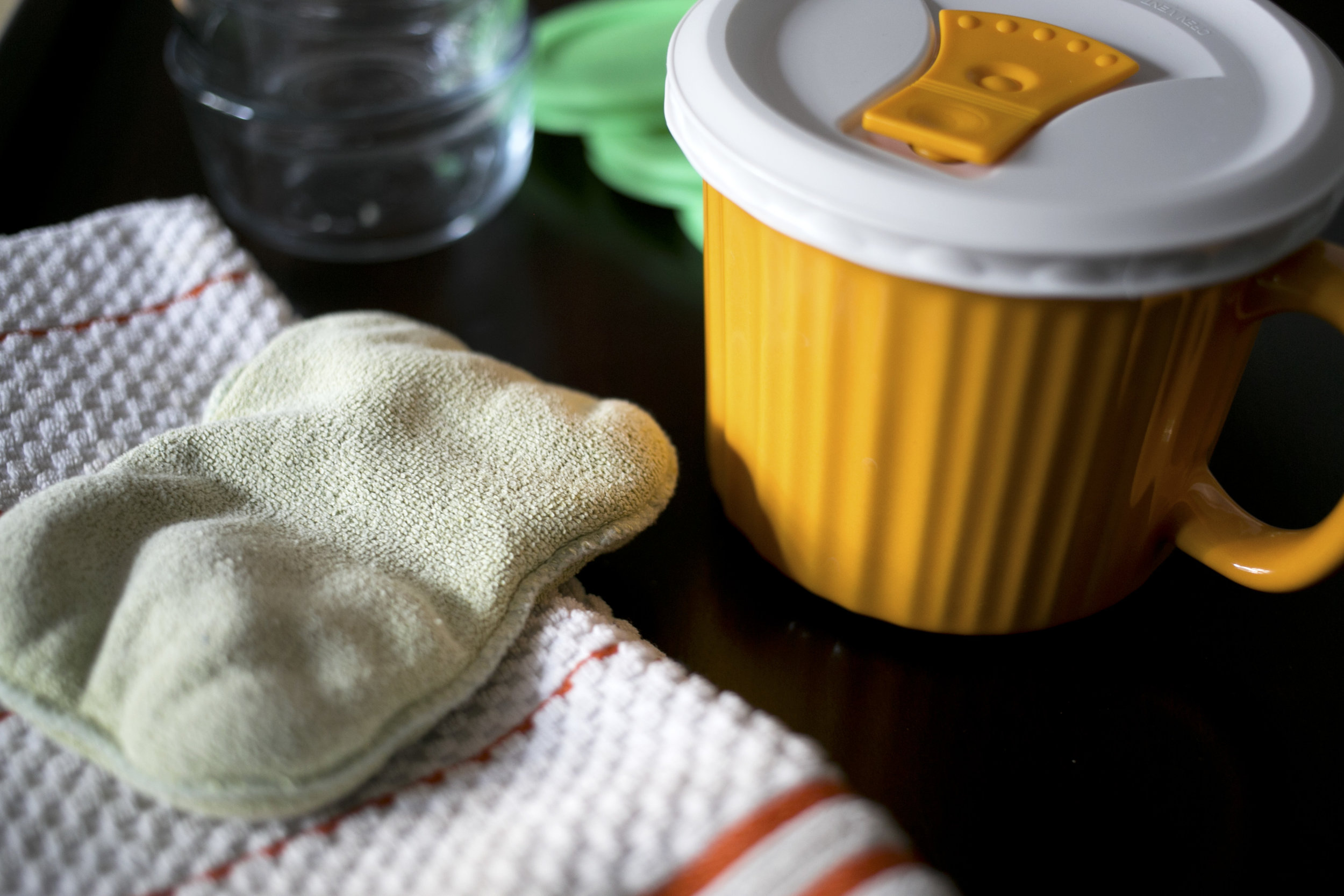
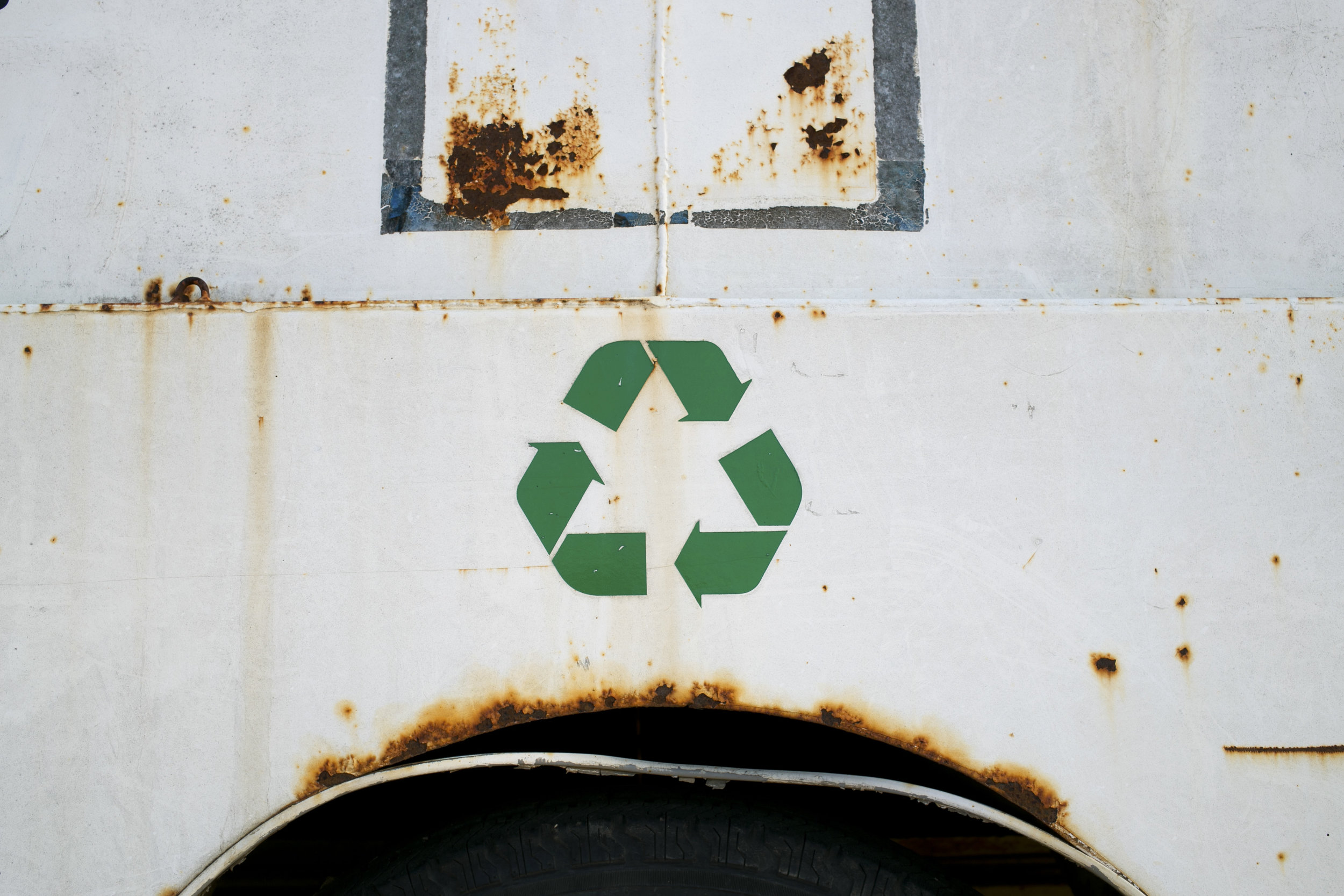
Joost Bakker, an all around sustainable guru, has been the extra push for me to maintain these less detrimental habits on the planet. I came across Joost through Instagram and going down the social media rabbit hole. – Which at times can be time sucking or lead you to fascinating people. – Nonetheless, as I perused Joost’s Instagram and began reading articles about him, I was hooked. His outlook on the importance of reuse, recycle, and transforming our lives into being wasteless, were unlike anything I had heard before.
“I really hope and dream that houses of the future will have green roofs so that in 20 to 30 to 40 years’ time you will fly into Melbourne and you’ll see this green mass of trees and vegetation and bee hives and birds. – This idea has been in my head since I was 12 years old. Why are we cutting down forests because we need more food. We’ve got all these roofs, tonnes of grey water, we’re using energy to cool houses in the summer, we’ve got everything we need. We just need to redesign the houses.”
His ideas for creating more sustainable lives are not complex or unimaginable. They are quite simple but have not been accepted by those with the power to implement them at a bigger level. This is a constant issue, but Joost continues to make strides by connecting to those who believe in his ideas. Joost’s determination to implement waste free living and minimizing our footprint is a great source of inspiration.
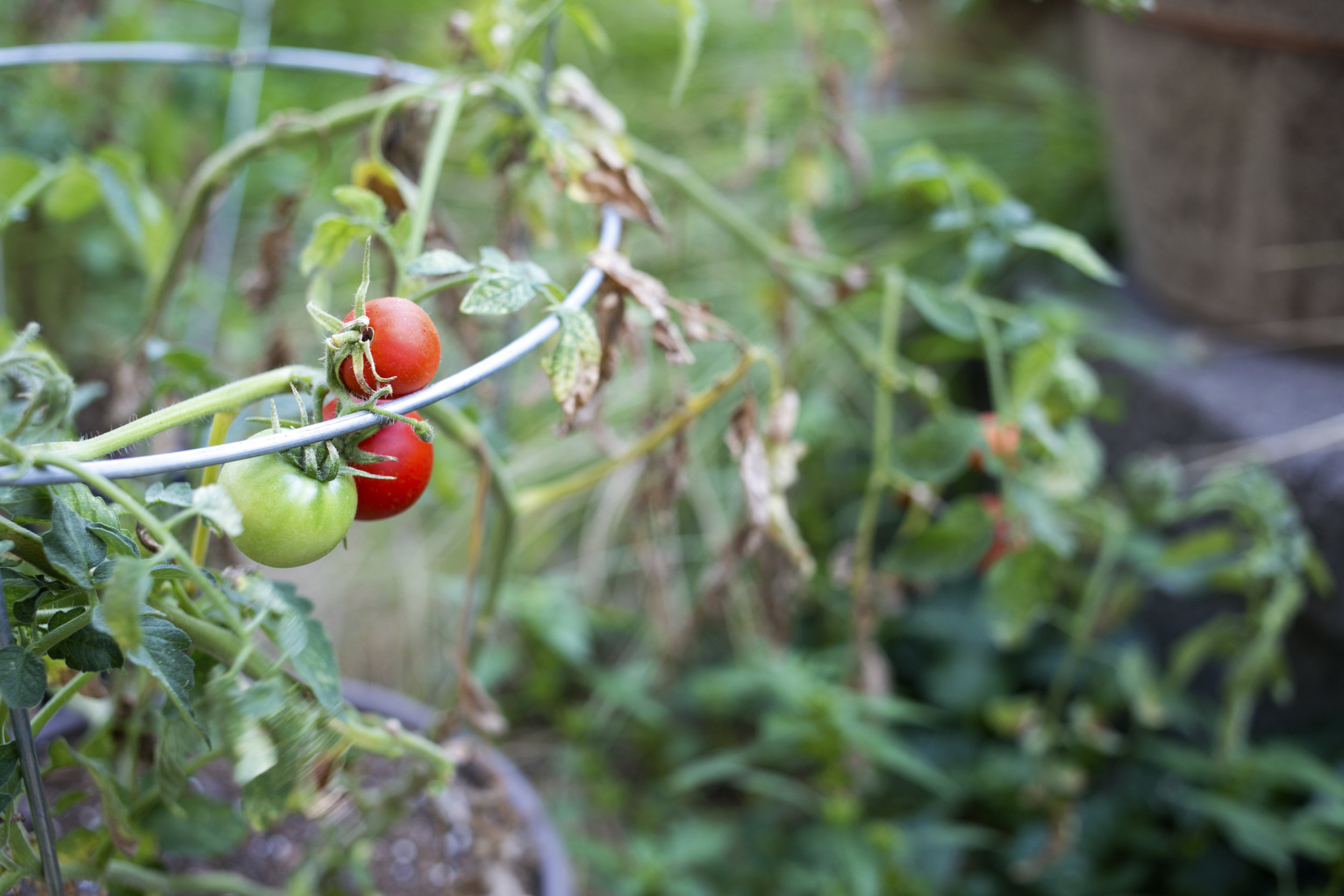
So how can we live in a more sustainable way and stop depleting our planet?
It all begins with research, being open to adjusting our routines, and putting this knowledge into action. After reading about Joost’s philosophies, I researched composting: using our food and vegetable waste to break down in and create nutrient rich soil for future use. It is a great way to reduce and reuse the waste that we throw away. It is a process to create your own composting station, but it can be achieved.
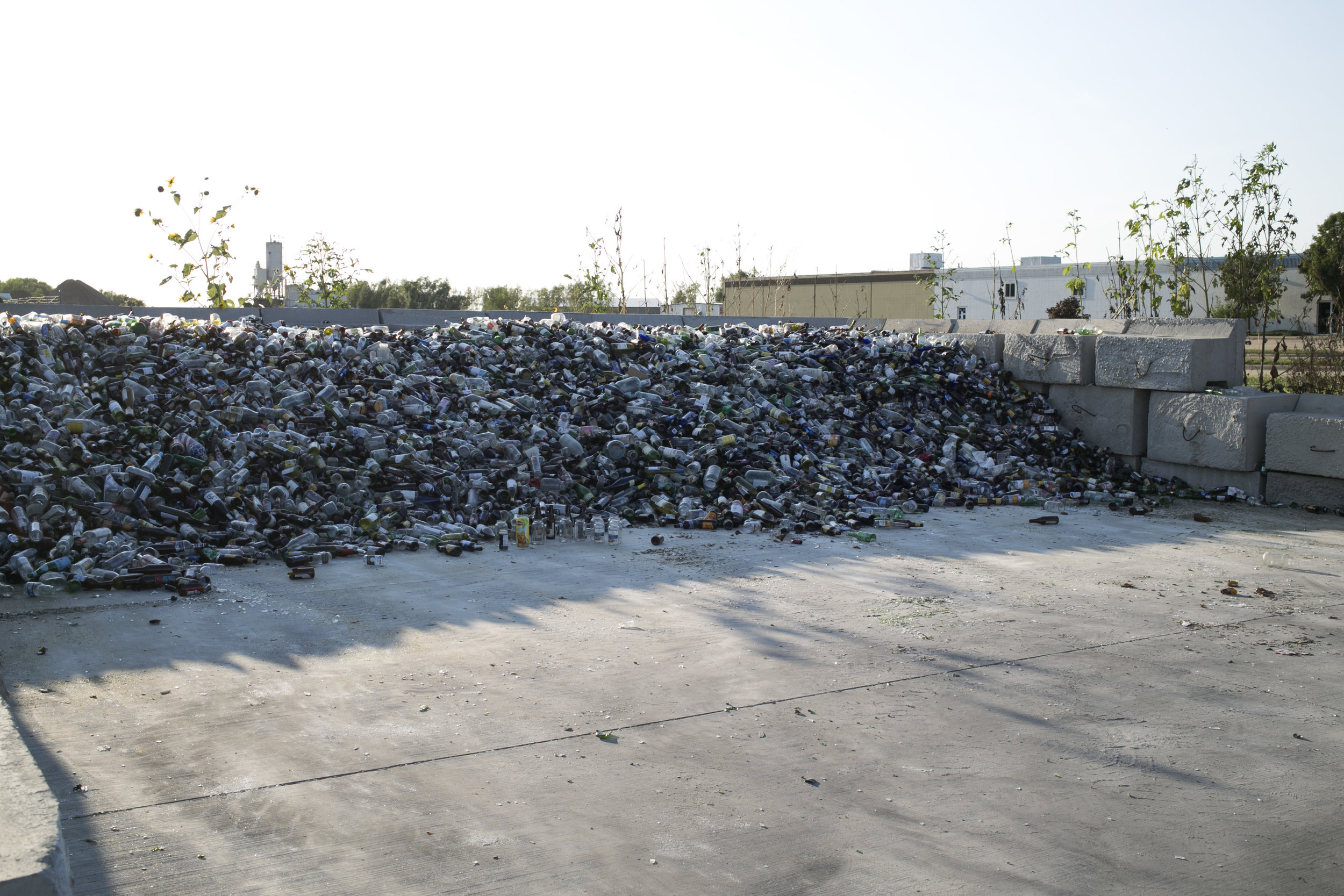
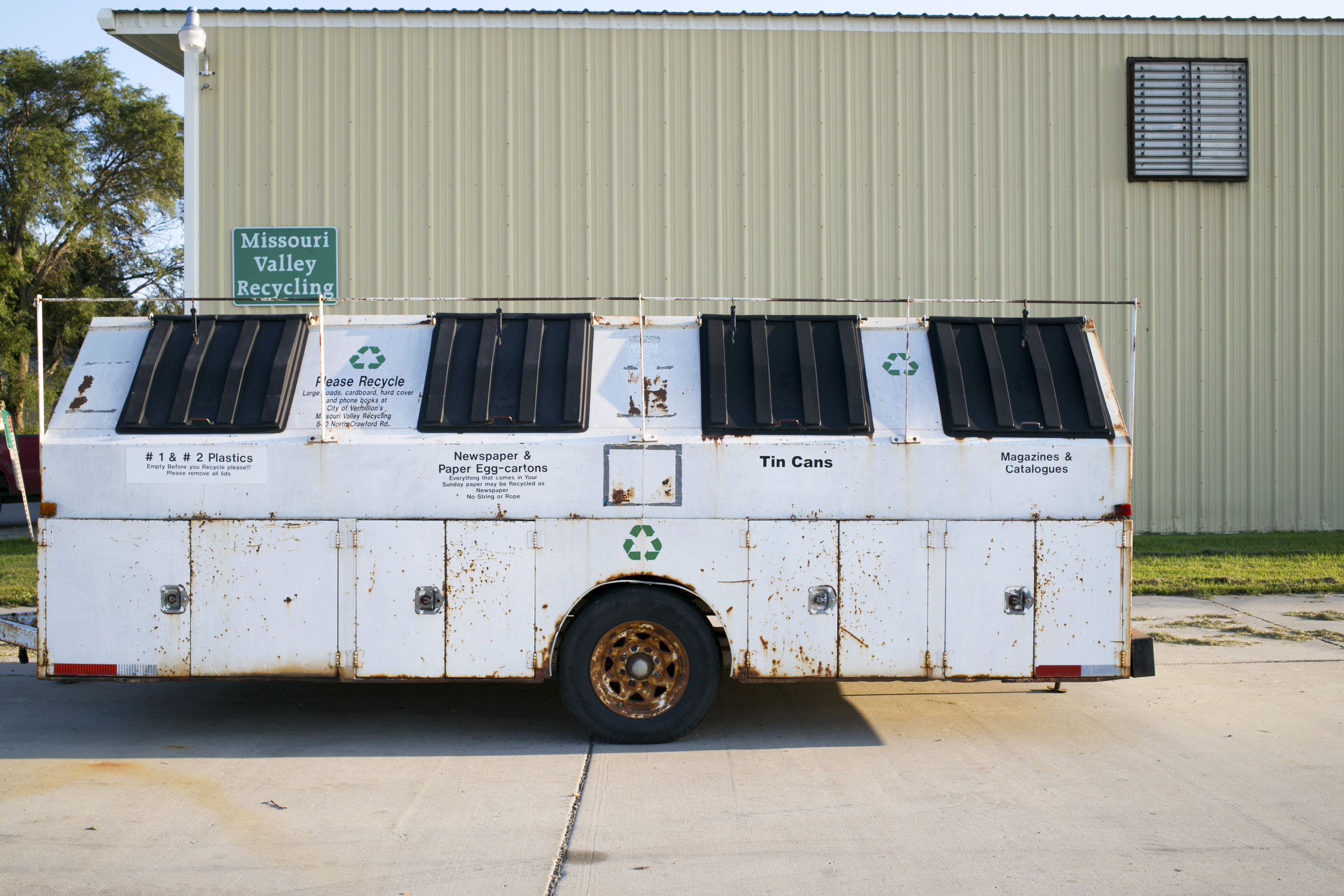
The next steps can be to reduce our intake of wasteful items like plastic bags, paper towels, syran wrap, and aluminum foil. This is much easier said than done but is beneficial in the long run. Purchasing reusable bags to do all of your grocery shopping is a big step. The same with using hand towels or washable cloth dish sponges to clean around your home. There is always an alternative but we need to know where to look for it.
As a society, we can make less of an impact on this planet by making ourselves aware of what is depleting it. There are endless resources to aid us in learning about this topic. We just have to be willing to put in the time and effort. Even though your brain may be overloaded with information, it all begins with baby steps. Give yourself a goal of how to be more sustainable in your life and build on it. The more knowledge we can share with others and support we can give, the easier it is to make a change in our own life.
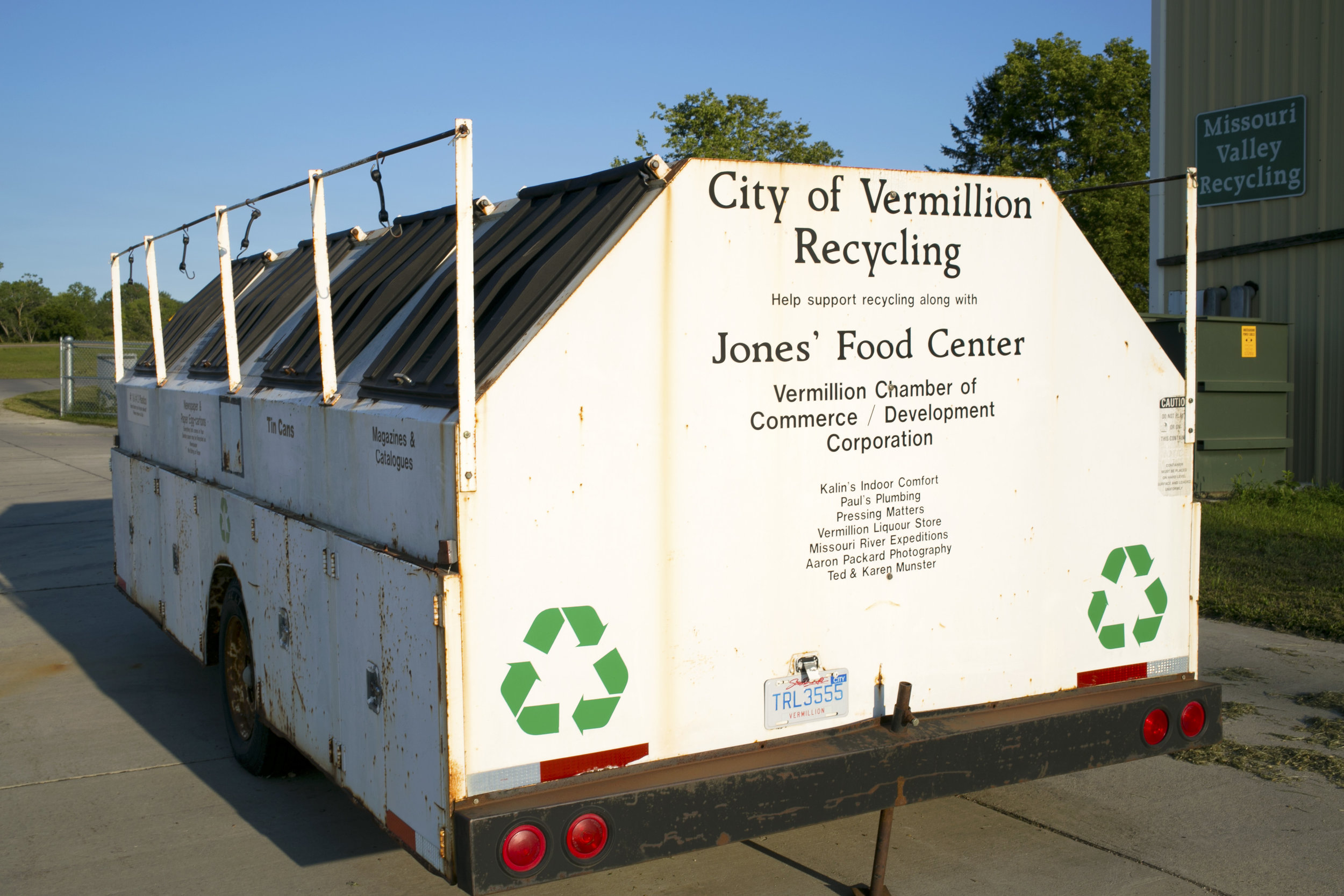
What’s one thing you’ll try this week to become more sustainable?
- Start recycling.
- Purchase and use reusable bags to reduce plastic waste.
- Reduce water and electricity consumption (Try turning the temperature up 1 degree in your house when the A/C is on or 1 degree lower than you’re used to when heating.).
- Buy local (to reduce fuel used to transport goods).
- Walk, bike, or take public transportation somewhere you typically drive.
- Use cloth towels instead of paper towels.
- Use reusable containers instead of plastic bags.
Leave other ideas in the comments section below!
